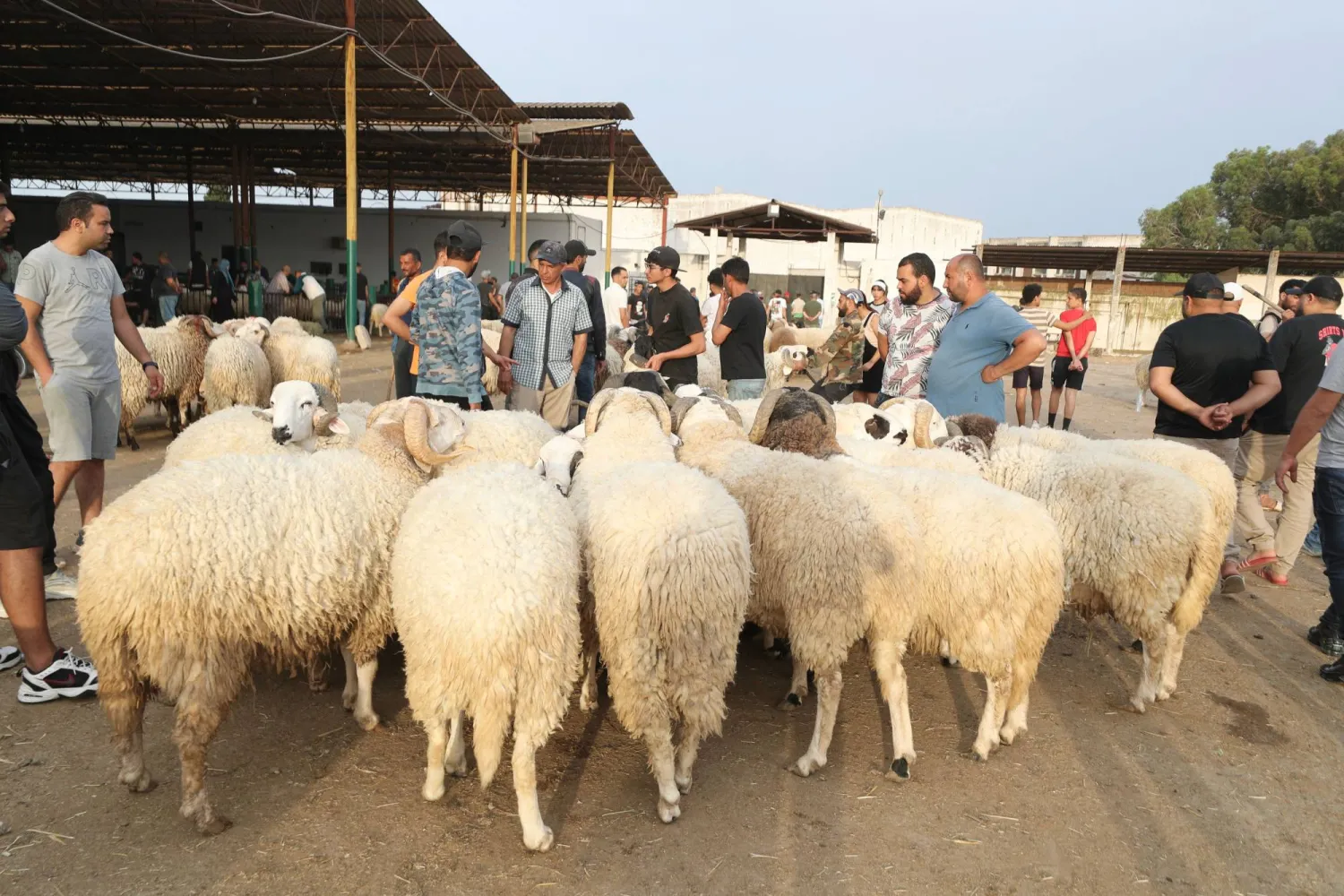
Following the royal decision not to perform sacrificial slaughter this year, authorities have launched campaigns to close livestock markets across various regions.
Across Morocco, authorities have initiated a widespread operation to close down livestock markets and trade areas where animals were typically sold before Eid al-Adha. This action comes after King Mohammed VI decided to prohibit animal sacrifices this year due to climate issues and a substantial decrease in the number of available livestock.
Local administrators and officers have been instructed to implement the prohibition. Khénifra The provincial governor has mandated the shutdown of all weekly markets where sheep are sold and banned any events associated with the purchase and butchering of sacrificial livestock, as well as the temporary stalls that usually appear before the festival.
In Rabat The Ministry of Interior, in collaboration with local authorities, has closed all temporary markets for sacrificial animals and prohibited the sale of associated items—striking a significant blow to numerous craftsmen and seasonal merchants who depend on Eid for their earnings.
Authorities tighten controls ahead of Eid
Similar decisions have been announced In Al Hoceima, Tangier, Kelaa des Sraghna, and Inezgane. Inezgane Moreover, officials have shut down the municipal abattoir and prohibited the slaughtering of sheep and goats.
Meanwhile in Casablanca , reports say authorities have seized large quantities of sheep being sold in unauthorized locations, as part of a broader campaign to curb illegal sales and crack down on middlemen who typically exploit the seasonal demand to make quick profits.
This year, in contrast to past years, there has been a significant lack of commercial activity in the run-up to Eid. Few seasonal markets or stores stocking Eid essentials have appeared, as noted by Mountaintraveller.
This isn’t the first time Moroccans have been requested to abstain from animal sacrifices during Eid. In previous instances under King Hassan II’s reign—in 1963, 1981, and 1996—the same directive was issued due to comparable circumstances.
Just a few weeks ago, the Ministry of Agriculture reported that Morocco’s livestock herd has shrunk by 38% compared to 2016 levels. To address the shortage, the government has rolled out emergency measures, including scrapping import duties and VAT on imported beef, sheep, goats, camels, and other red meats.

Posting Komentar